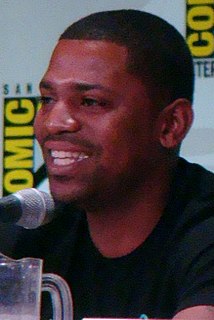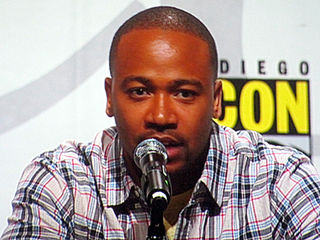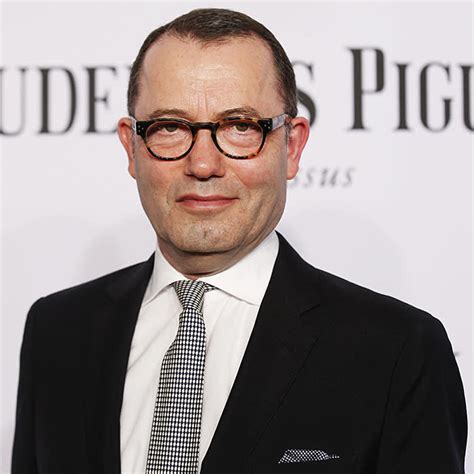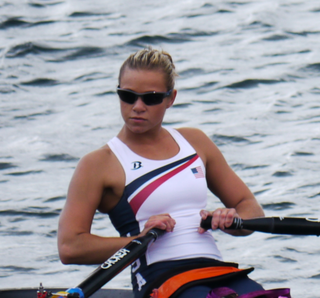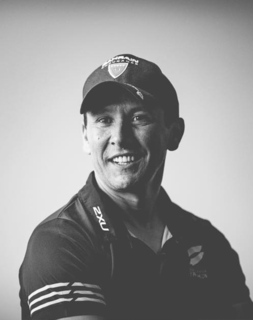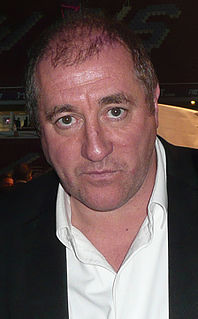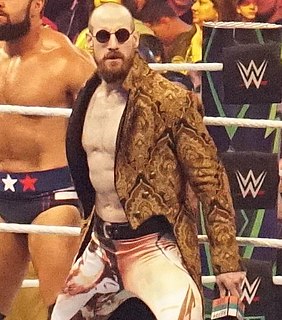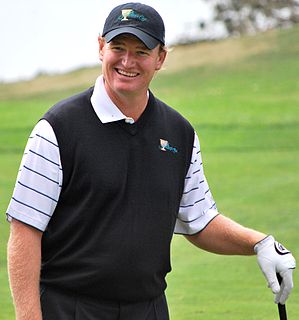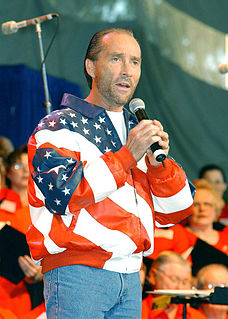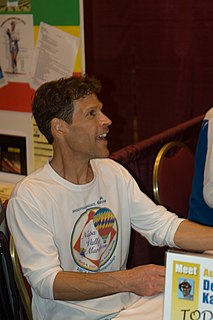A Quote by Milo Ventimiglia
For me, digital is just another avenue. It doesn't mean that it has to be poor quality or poor content. But, you still run into the same struggles. You can't have full-on language, violence or sexual situations. You can't run rampant with the fact that it's digital. You can't do anything you want. You still have a responsibility to tell a story first, and show what the character is going through first, and then maybe you have a little bit of lee-way to show a more real side of life.
Quote Topics
Related Quotes
Being producer you're still going to have to sell somebody who's going to give you the money on the idea and everything like that. But it does give you a little bit more control if you're thinking in that creative process; it gives you more control to tell the story you want to tell rather than sort of just reading a script that somebody else wrote and says, "Yes, please, you can hire me for this job." So it's a little bit more hands-on, a little bit more closer to the heart.
I think that's so particularly exciting about this moment in time is all the new platforms that are now existing, the Netflixes and the Hulus and Amazons and so and so forth; I mean they are really doing what pay TV was doing twenty years ago. So a show like Dancing On The Edge gets to have a digital life after it's playing on Starz. I think what's exciting is how these new platforms are providing more opportunities both for first-run programming on the one hand but also for second plays for shows that have appeared first either on traditional broadcast or on cable.
When Emily Dickinson's poems were published in the 1890s, they were a best-seller; the first book of her poems went through eleven editions of a print run of about 400. So the first print run out of Boston for a first book of poems was 400 for a country that had fifty million people in it. Now a first print run for a first book is maybe 2,000? So that's a five-time increase in the expectation of readership. Probably the audience is almost exactly the same size as it was in 1900, if you just took that one example.
For the nerd in me, I prefer full quality digital files as they give a truer representation of the source mix, the studio in fact. From these files I can quite often tell what kind of set up made the tracks. For the music lover in me, vinyl is more woosey, richer, more alive, more real, more imperfect and somehow becoming more like life itself. But I don't prefer it per se. The mastering engineer in me always loves to hear it as it was made.
If the point of life is the same as the point of a story, the point of life is character transformation. If I got any comfort as I set out on my first story, it was that in nearly every story, the protagonist is transformed. He's a jerk at the beginning and nice at the end, or a coward at the beginning and brave at the end. If the character doesn't change, the story hasn't happened yet. And if story is derived from real life, if story is just condensed version of life then life itself may be designed to change us so that we evolve from one kind of person to another.
First of all I have to ask myself what am I trying to say and who am I trying to tell the story to. So if it's just 300 words going in the Independent it's very much where, what, who and when - fantastic. If there's a little bit more scope, if I've been given 1500 words by the sports editor, and I can have a little bit of fun, then I need to maybe entertain, include some different stuff.
Well, it seems to me that there are books that tell stories, and then there are books that tell truths... The first kind, they show you life like you want it to be. With villains getting what they deserve and the hero seeing what a fool he's been and marrying the heroine and happy endings and all that... But the second kind, they show you life more like it is... The first kind makes you cheerful and contented, but the second kind shakes you up.
When I'm through with the Lee Greenwood Theatre, I won't do anything else in entertainment. Maybe I'll become an ambassador for the United States maybe I'll get into television, some news anchoring or something in a major city. Certainly the visibility would interest me a little bit. But someplace that would allow me to sit still certainly.

